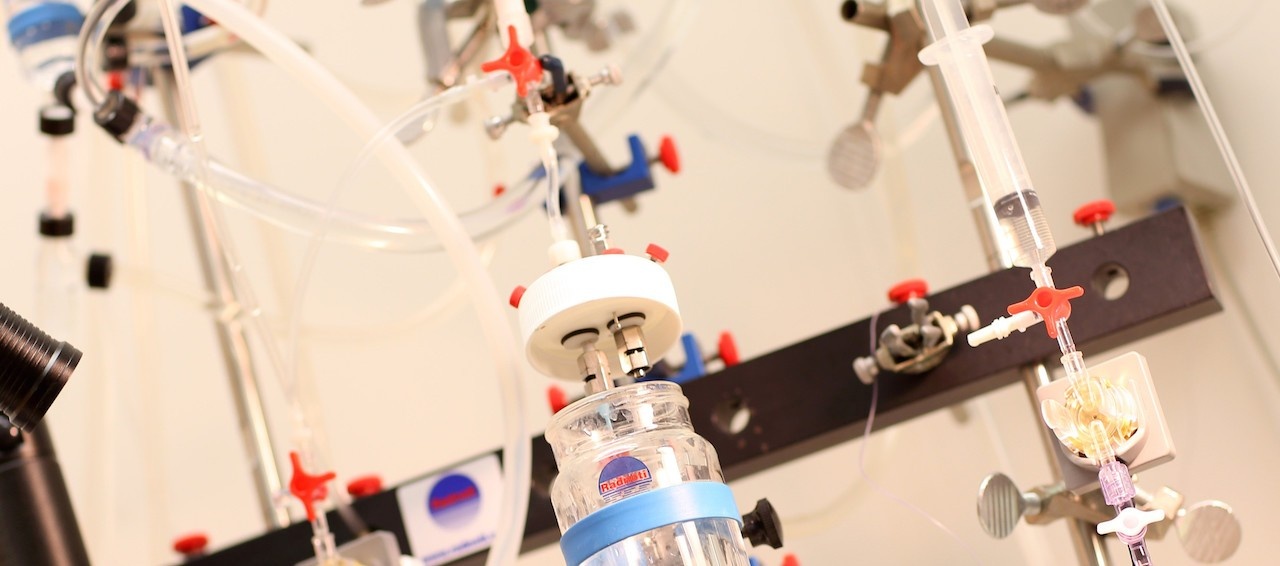Keith Brunt
Associate Professor

Related information
- Brunt Lab
- PubMed
- Google Scholar
- @prof_brunt (Twitter)
Email: keith.brunt@dal.ca
Phone: 1-506-636-6974
Fax: 1-506-636-6001
Mailing Address:
Saint John, NB, Canada E2L 4L5
- Translational medicine
- Experimental therapeutics
- Medical technology
- Heme biology
- Stem cells
- Aging
- Nanotechnology
Education
- BScHons (University of Saskatchewan)
- PhD (Queen’s University)
- PDF (McEwen Center for Regenerative Medicine, Toronto General Hospital, UHN)
Research interests
My laboratory is focused on translational medicine, with a major interest in understanding how cells adapt to stress in order to develop innovative therapeutic strategies to treat disease.
Active basic, preclinical and clinical research projects include:
- Discovery Science: Is focused on understanding the molecular regulation of heme metabolism to assess the basic molecular mechanisms of cell adaptation in health, aging and disease.
- Patient-Tailored Theranostics: Assessing the pre-clinical pharmacodynamics of site-directed biomimetic nanoparticles to deliver payloads of small molecules, biologics and/or gene therapy to treat in a disease-specific manner.
- Healthy Aging: Understanding the basic molecular mechanisms of aging well & the implications to patients – particularly for stem cell therapy and regenerative medicine.
- Medical ICT: Translating advances in medical & information-communication technologies to improve the outcomes and prevent adverse-drug-reactions in patients with chronic disease.
A number of opportunities exist for persons interested in participating in basic science and pre-clinical research or clinical trials to join one of my research teams. Some general laboratory techniques include pre-clinical surgical models for myocardial infarction, hypertrophy, cancer, or basic physiology, using zebrafish or rodents. Clinical histopathology, stem cell isolation and culture, microscopy and flow cytometry are also common practice in the laboratory. Advanced protein biochemistry, molecular cloning and metabolic analysis are utilized.
